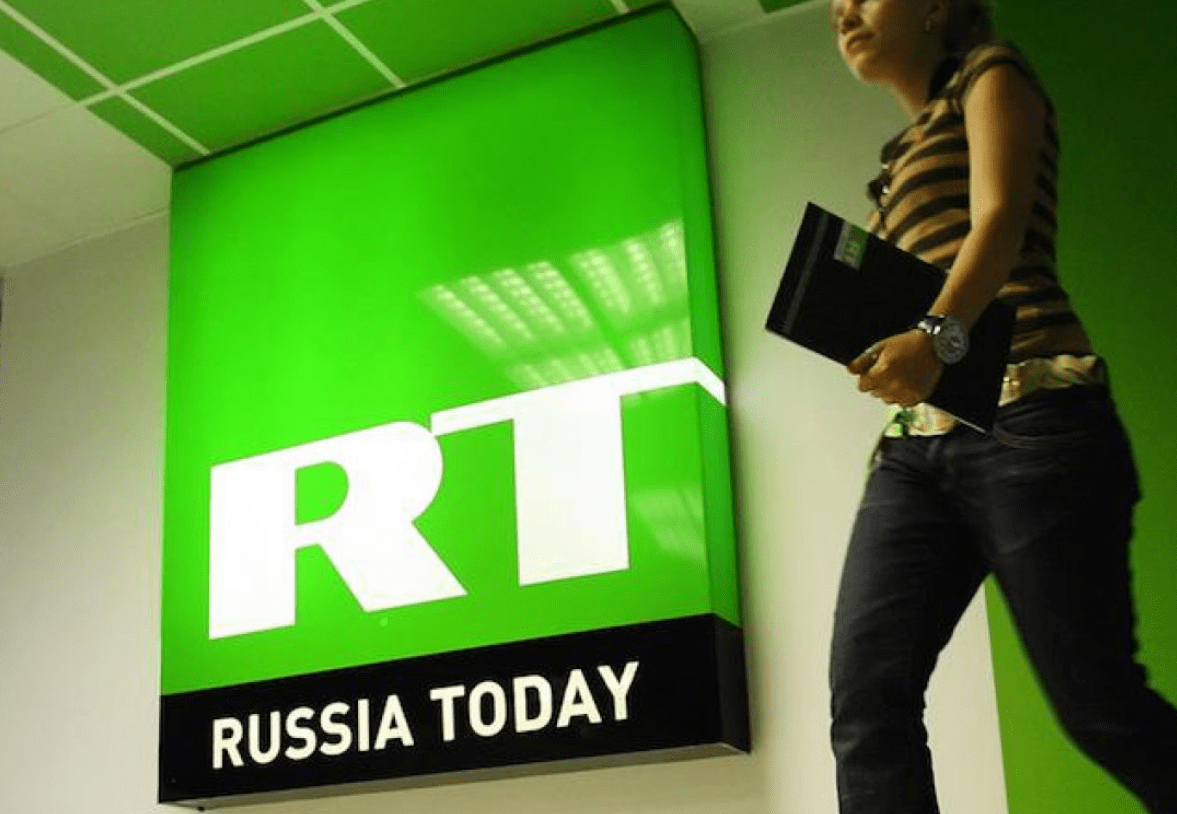RT, formerly known as Russia Today, is a Russian state-funded news outlet. Last week, the U.S. Department of Justice (DOJ) announced that it had indicted two RT employees for secretly funding and directing a U.S.-based media company to influence American public opinion, marking a significant case in the ongoing battle against foreign propaganda campaigns. In 2017, RT was required to register as a foreign agent in the U.S.
Key Points:
- The Target: RT is a Russian state-funded news outlet.
- The Indicments: Two RT employees, Kostiantyn Kalashnikov and Elena Afanasyeva, were indicted for conspiracy to violate U.S. law, conspiracy to violate the Foreign Agents Registration Act (“FARA”), and conspiracy to commit money laundering.
- The Covert Action: Nearly $10 million was funneled through a U.S. content creation company to publish RT-curated videos. The nearly 2,000 videos posted by the company have gotten more than 16 million views on YouTube alone, prosecutors said. The Tennessee company was not named in the indictment but appears to be Tenet Media, according to a review by NBC News of details included in the indictment.
- The Ambition: The covert operation targeted American audiences with pro-Russian propaganda under fake personas.
Short Narrative:
Two Russian nationals, Kostiantyn Kalashnikov and Elena Afanasyeva, employees of the state-controlled media company RT (formerly Russia Today), have been indicted for orchestrating a covert influence campaign in the U.S. Using nearly $10 million funneled through the Tennessee-based content creation company Tenet Media they directed the publication of over 2,000 videos aimed at furthering Russian interests. The videos, many of which focused on U.S. domestic issues like immigration and inflation, garnered millions of views on social media platforms such as YouTube, TikTok, and Instagram.
Kalashnikov and Afanasyeva used fake identities to manage and operate the content creation company, hiding their connection to RT. U.S. officials allege that the operation was part of a broader effort by Russia to sow division in American society through disinformation.
Actionable Insight:
This case highlights the growing use of covert media operations to influence public opinion in the U.S. Investors and stakeholders in media and tech should be aware of potential regulatory actions to curb foreign influence through digital platforms. Companies in the content creation and social media space should ensure compliance with foreign registration laws as the U.S. government intensifies its scrutiny of covert foreign influence campaigns.
Monitoring shifts in legal requirements for digital content publishers, especially regarding transparency in funding sources, will be critical in avoiding entanglements in similar investigations. Due to legal requirements, X has blocked some RT accounts on its platform.
Call for Information:
FinTelegram seeks expert insights into the broader implications of foreign propaganda campaigns on social media. How should U.S. media and tech companies safeguard against covert foreign influence? Contributions from media analysts and digital security experts are welcomed.





